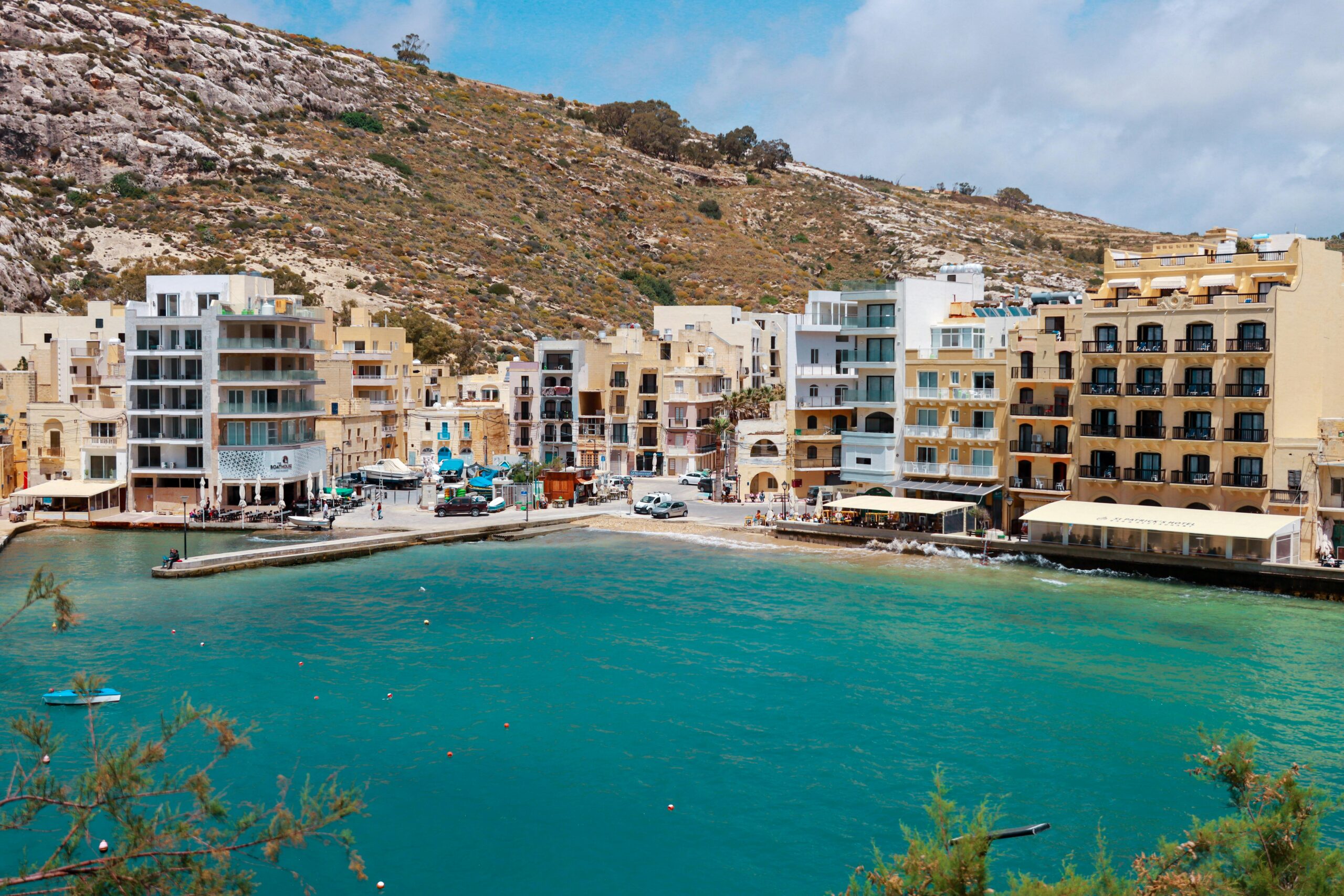Over the last years, sustainability has taken a seemingly unshakeable position in business discourse. Whether it is the quest for Net Zero emissions, the EU’s Fit for 55 package, environment, social and governance reporting criteria (ESG) – sustainability writ large seems to be a perennial topic of discussion in boardrooms, conferences and seminars across Malta and beyond.
For all the lip service paid to the concept, real action has been slow. Targets are made and then ignored without sanction, while incentives to effect change for the better are often seemingly followed by initiatives that nullify their positive impact.
The reasons for the sluggish progress towards a greener economy are many. But one solution, says Isaac Gatt, does not require legislation, but simply greater awareness among businesses about the true impact of their actions.
After obtaining his academic education at the University of Malta and specialising in the topic of sustainable engineering, Mr Gatt identified a number of shortcomings in the local sustainability scene.
“I am motivated to contribute in tackling the global problem at hand, whilst increasing awareness on the implementation of true sustainable concepts,” he tells BusinesNow.mt.
“There is a clear market gap in the sustainability sphere with regards to technical assessments and analysis, and a large skills gap exists here. This is what Green Circle Engineering is attempting to target, as now more than ever, our world requires experts in life cycle assessments (LCA) to assist in the transition to a more sustainable model.”
He believes there is significant potential for environmental improvements when it comes to many local products and services, as well as the local building stock.
Mr Gatt’s area of specialisation revolves around the utilisation of sustainable engineering tools, primarily focusing on Life Cycle Assessments (LCA). He also holds credentials as an Energy Performance of Buildings (EPB) Assessor, an Energy Auditor, and a LEED® Green Associate. He is also qualified in concepts of Environmental, Social and Corporate Governance (ESG).

Combining his entrepreneurial background with his academic learnings, he decided to establish a firm focused on providing sustainable engineering solutions to a wide range of industries. This led to the launch of Green Circle Engineering, a young upcoming engineering firm providing technical guidance and sustainable solutions to a diverse range of clients.
“We strongly believe that you can’t improve what you don’t measure,” explains Mr Gatt. “Through the utilisation of a number of engineering tools, and the experience we possess in a wide range of industrial sectors, we can help businesses formulate the right strategy to do more with less.”
Green Circle Engineering does this by measuring what truly matters in order to develop true performance indicators – with the aim of empowering businesses with the knowledge they need to take data-driven decisions.
The firm’s service offering ranges from a number of varied environmental and energy audits and assessments, eco-design of products and processes, and consultation on green building developments.
“What we really bring to the table, in terms of innovation,” Mr Gatt continues, “is our core service revolving around the offering of detailed Life Cycle Assessments (LCA).”
This is an established science-based framework for assessing the environmental impacts of products, processes, or services throughout their entire life cycle. LCAs are governed by the ISO 14040 and ISO 14044 family of standards, ensuring data transparency and reliability.
During an LCA, the assessor starts by analysing complex life cycles in a systematic approach, including by measuring the environmental impact of the product or service across all the life cycle stages.
Then, the assessor identifies the hotspots in every link of the supply chain, from the extraction of raw materials to manufacturing, distribution, use, and end of life.
After assessing the whole life cycle, a business will be able to know the environmental performance of its product or service, and the drivers for this impact. This insight would allow it to be able to identify which materials and emissions put the largest burden on the environment from a holistic life cycle perspective. Armed with this information, the company can seek change in the respective area flagged as high impact.
“There are many benefits to commissioning a LCA, as the results obtained from such a study can help you improve your product’s sustainability efforts company-wide,” says Mr Gatt. “For example, product designers can explore how their design choices affect the life cycle sustainability of the products, the marketing department can get factual data for sustainability communications, and the purchasing department can learn which suppliers offer the most sustainable products.”
One industry ripe for change when it comes to environmental impact is undoubtedly construction. Buildings are responsible for 40 per cent of all energy consumption within the EU, which equates to 36 per cent of all greenhouse gas emissions (GHG) produced in the bloc. Moreover by 2030, all new buildings must operate at Net Zero if Europe hopes to meet its climate targets.
The message is clear: If the change won’t come from the bottom, it will have to be imposed from the top.
“Construction professionals need to take responsibility for the environmental impact of their projects and portfolios, and the implementation of LCAs directly supports the efforts of green building professionals to design and construct sustainable buildings.”
Mr Gatt points out that green building design is a fast-growing field of research: “It is about using sustainable materials, designing buildings to be energy-efficient, and incorporating renewable energy sources. This includes the use of materials, the installation of green roofs and living walls, and the development of smart building technologies that optimise energy use.”
Sustainability, of course, goes beyond energy. Water issues are particularly important in Malta, which has limited reserves of fresh water and is becoming drier by the year due to climate change. The remarkable population growth seen over the last decade has also placed greater stress on this precious resource.
That is why, Mr Gatt says, “engineers are working on developing new technologies to conserve water, such as low-flow showerheads and toilets, as well as new ways to capture and store rainwater.”
Coming back to Green Circle Engineering, he invites stakeholders in businesses of all kinds that want to become more sustainable, but may not know how to do so, to reach out.
“Green Circle Engineering is here to support such businesses and stakeholders to enable the transition towards a circular and sustainable future by utilising data and engineering tools,” Mr Gatt concludes.
Do you want to utilise the LCA methodology to achieve your environmental business targets, or are interested to see how such a tool can benefit your company? Reach out to Green Circle Engineering on info@greencircle.engineering to discuss how it can help you become more sustainable.
db Foundation raises €8,419 for Karl Vella Foundation with MasterChef Malta Charity Dinner
These events form part of the db Foundation's ongoing commitment to supporting vulnerable members of society through impactful initiatives
Residential property prices rise by 5.7% in first quarter of 2025
The new figures show continued growth in Malta’s property sector
Youth4Entrepreneurship Gozo 2025: Youth invited to propose innovative digital solutions
The initiative aims to empower youth to become active contributors to Gozo’s development by addressing local challenges






